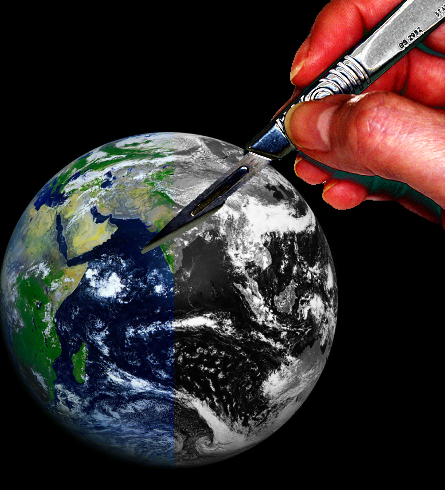Equality needed to ease surgery burden
 Rich nations need to work collaboratively with low- and middle-income countries to boost access to safe and affordable surgery for the world's poor, experts say.
Rich nations need to work collaboratively with low- and middle-income countries to boost access to safe and affordable surgery for the world's poor, experts say.
In 1980, the World Health Organisation identified surgery as a critical part of healthcare, yet today 5 billion people still cannot access it safely or afford care afterwards.
Now, a statement has been issued to outline global consensus that ‘colonial’ thinking on surgery does not help in the modern day.
The statement from some of the top minds in surgery and public health says researchers from high-income countries should forge academic partnerships with researchers from low- and middle-income countries, and that individuals and organisations must stop sending outdated and obsolete devices overseas.
The call was made by an international panel of clinicians, business leaders, and health advocates, convened by the Lancet Commission on Global Surgery last May in the US.
Conditions that require surgery make up almost a third of the world’s total burden of disease, but current figures show that in addition to the 313 million procedures performed annually, an estimated 143 million more procedures are needed every year.
The need is most acute in the world’s poorest countries, which comprise a third of the global population but where currently only 6 per cent of all surgical procedures are carried out.
The statement says providing safe surgery and anaesthesia is extremely cost effective, irrespective of the economic analysis framework chosen.
“Simple cost effectiveness analyses reveal that surgery compares favourably with interventions such as antiretroviral therapy for HIV or bed nets for malaria,” it says.
The cost of scaling up surgical services by around 9 per cent a year between 2012 and 2030 would be about US$420 billion, but this is a fraction of the US$12.3 trillion that would be lost in economic productivity.
Among the raft of recommendations, the consensus statement calls for:
- Professional education and training bodies to assume collective responsibility for addressing the global inequities in access to safe surgical care and for developing an interdisciplinary approach to building global surgical capacity
- Universities and training programmes to establish global surgery and anaesthesia as formal career paths for trainees
- Researchers from high income countries to forge academic partnerships with researchers from low and middle income countries
- The prioritisation of clinical and research needs in low and middle income countries
- Global health funders to recognise that surgical care is affordable, saves lives and promotes economic growth, and that it is essential for reaching development goals
- Surgery to become a critical part of donor funding for health system strengthening
- Individuals and organisations to stop ‘dumping’ outdated and obsolete devices overseas
- The biomedical devices industry to develop low cost innovations in surgery, and to train its technicians to service existing equipment
- Campaigners, advocates, and the media to step up their efforts to communicate the scale of global surgical inequities and the consequences of inaction
“High income country actors must abandon colonial narratives and work alongside low and middle income country partners to build the surgical systems of the future,” the statement asserts.
“No one stakeholder can alone achieve the cross-sectoral improvements required to make timely, universal access to safe, affordable surgical and anaesthesia care a reality. We call on all countries to commit to this vision to achieve the health, welfare, economic and equity gains it promises,” it concludes.








 Print
Print